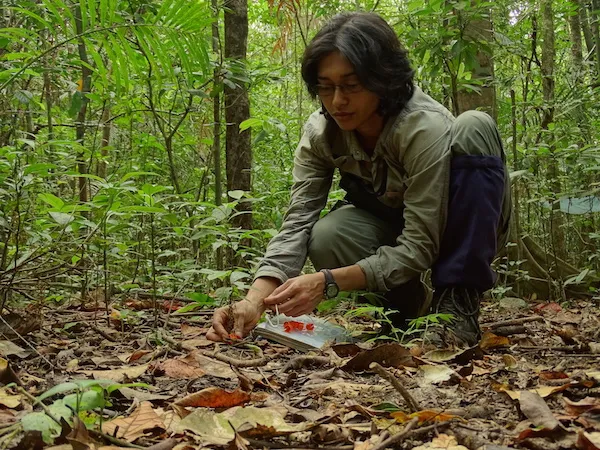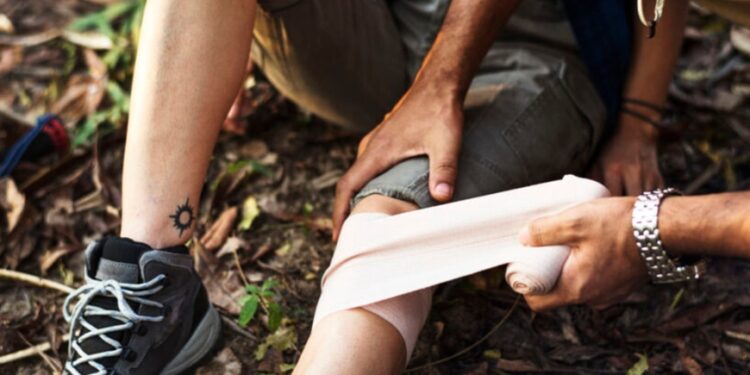Survival situations often entail being in environments that are physically and mentally demanding. In such situations, injuries and illnesses can occur, and it is crucial to know what to do in such cases. It is essential to be well-informed about medical and first-aid tips that can help you deal with various health issues that may arise. This article provides useful tips for survivors to manage medical emergencies and injuries during a crisis.
In a survival situation, the ability to provide medical care and administer first aid can be the difference between life and death. It is crucial to have a basic understanding of common injuries, illnesses, and medical emergencies that can occur in such situations.
Moreover, having the right tools and supplies can be critical in providing the appropriate medical care. This article provides essential tips and information that can help you deal with a range of medical emergencies and injuries.
The importance of first aid kits
One of the essential items to have in a survival situation is a well-equipped first aid kit. A first aid kit should contain items such as bandages, adhesive tape, antiseptic wipes, gauze pads, and gloves, among other things.
:max_bytes(150000):strip_icc()/HLT-First-Aid-Kits-Group-tamara-staples-024-0470a12875304cd490f5e5353447dcc0.jpg)
It is also crucial to periodically check and restock the first aid kit, especially when using some of its items. Having a first aid kit readily available can help provide the necessary care for injuries and illnesses, thus preventing them from escalating.
Wound care
Wounds can occur in many ways in a survival situation, from scrapes and cuts to puncture wounds and lacerations. Proper wound care is essential to prevent infections and promote healing. The first step in wound care is to clean the wound thoroughly using clean water and soap. After cleaning the wound, it is important to cover it with a sterile dressing or bandage to prevent further contamination.
Dealing with broken bones and fractures
Fractures and broken bones can occur during a survival situation, and it is essential to know how to manage such injuries. In case of a suspected broken bone, the first step is to immobilize the injured area.
This can be done using a splint or other rigid materials. It is also important to apply ice to the injured area to reduce swelling and alleviate pain. Seeking professional medical attention is recommended for such injuries.
Managing burns
Burns can occur in a variety of ways, including exposure to heat, chemicals, and fire. The severity of the burn can range from mild to severe. For mild burns, running cool water over the affected area and applying a cool compress can provide relief. For severe burns, seeking professional medical attention is necessary.
Dehydration management
Dehydration can be a significant concern during a survival situation, especially when there is limited access to clean water. It is essential to stay hydrated to prevent dehydration, which can lead to symptoms such as dizziness, headache, and confusion. Drinking plenty of water and fluids and eating foods with high water content can help prevent dehydration.
Heat exhaustion and heatstroke
Survival situations can expose individuals to high temperatures and extreme weather conditions. Heat exhaustion and heatstroke are common in such conditions and can be life-threatening.
Symptoms of heat exhaustion include dizziness, nausea, fatigue, and excessive sweating, while symptoms of heatstroke include confusion, high body temperature, and a lack of sweating.
Preventive measures such as staying hydrated, seeking shade, and avoiding strenuous activities during peak heat hours can help prevent these conditions.
Hypothermia
Survival situations can also expose individuals to extremely cold temperatures, leading to hypothermia. Hypothermia is a medical emergency that requires immediate attention. Symptoms of hypothermia include shivering, confusion, slurred speech, and a slowed heart rate.
Preventive measures such as wearing warm clothing, staying dry, and seeking shelter can help prevent hypothermia. If hypothermia is suspected, it is important to warm the affected individual using warm clothing, blankets, and body heat. Seeking professional medical attention is also necessary.
Allergic reactions and anaphylaxis
Allergic reactions can occur in a survival situation, especially if an individual has a known allergy to certain foods, plants, or insects. Mild allergic reactions can present with symptoms such as itching, hives, and swelling, while severe allergic reactions can lead to anaphylaxis.
Symptoms of anaphylaxis include difficulty breathing, swelling of the face, tongue, and throat, and a drop in blood pressure. Administering epinephrine and seeking professional medical attention are necessary for anaphylaxis.
Food and waterborne illnesses
Survival situations can expose individuals to contaminated food and water sources, leading to food and waterborne illnesses. Symptoms of such illnesses include nausea, vomiting, diarrhea, and fever.
Preventive measures such as boiling water before drinking and cooking food to the appropriate temperature can help prevent such illnesses. If symptoms of food and waterborne illnesses occur, it is important to stay hydrated and seek professional medical attention.
Mental health
Survival situations can be mentally and emotionally taxing, leading to stress, anxiety, and depression. It is essential to take care of one’s mental health during such situations. Strategies such as taking breaks, practicing relaxation techniques, and seeking social support can help manage mental health concerns.
Seeking professional medical attention

In a survival situation, seeking professional medical attention may not be readily available or accessible. However, seeking medical attention when necessary is crucial. In cases of severe injuries or medical emergencies, seeking professional medical attention can be life-saving. It is essential to have a plan in place to contact medical professionals or seek medical care when necessary.
Conclusion
In conclusion, being prepared for medical emergencies and injuries is crucial in a survival situation. Knowing how to manage injuries, illnesses, and medical emergencies can make a significant difference in the outcome of such situations.
Having a well-equipped first aid kit, staying hydrated, practicing preventive measures, and seeking professional medical attention when necessary can help individuals manage medical concerns during a crisis.




